Exploring the Benefits of Antbox Containers for Sustainable Shipping Solutions
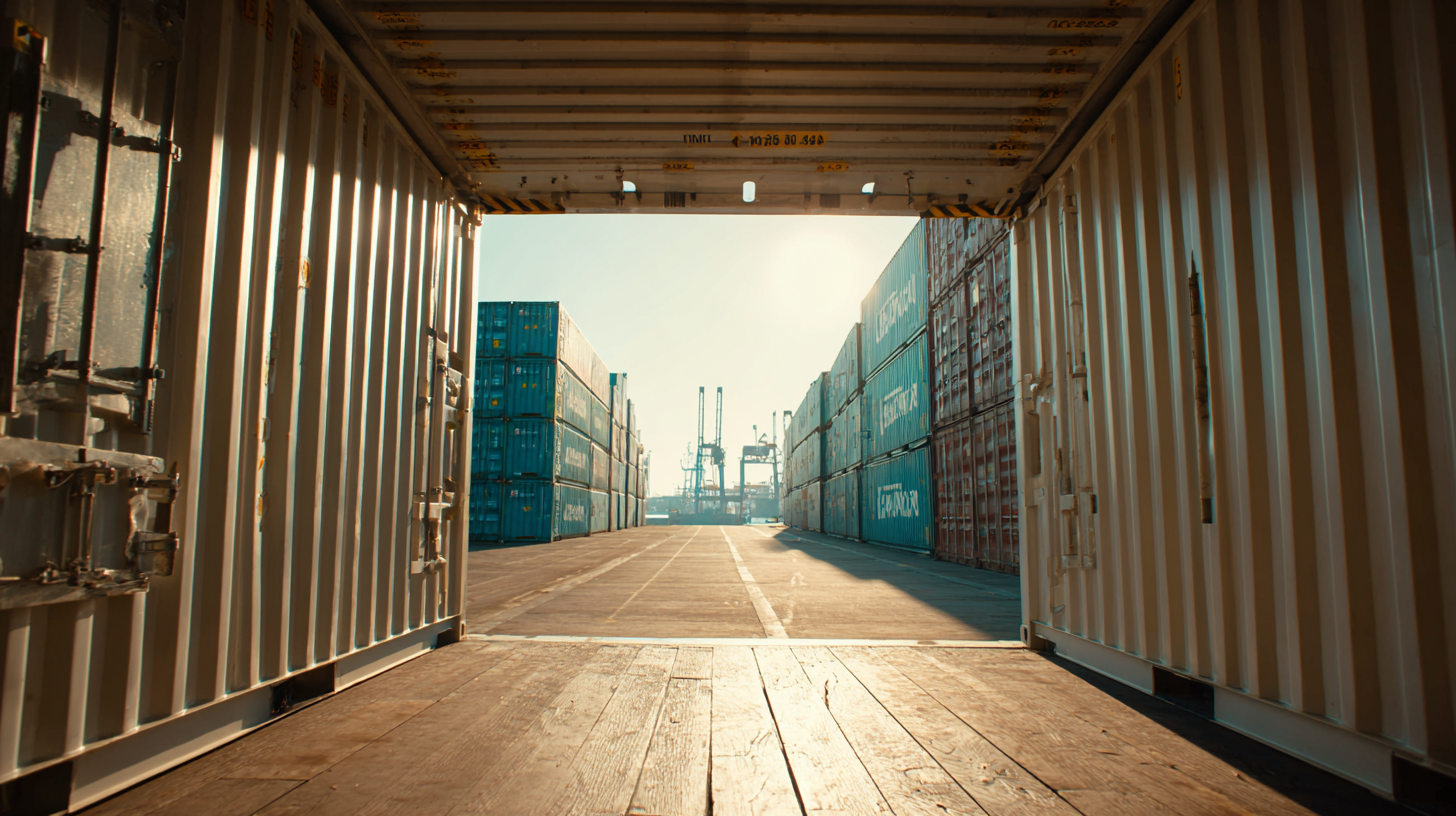 In the quest for sustainable shipping solutions, the
Antbox Container emerges as a
revolutionary option that addresses the pressing concerns of environmental impact
and efficiency in logistics. This innovative container is designed not only to
enhance the shipping process but also to significantly reduce the carbon footprint
associated with transport. With a focus on durability and reusability, the Antbox Container offers shipping companies an
opportunity to streamline their operations while promoting eco-friendly practices.
As global supply chains continue to evolve, the importance of adopting sustainable materials
and technologies cannot be overstated. This exploration of the benefits of
Antbox Containers will guide you through their unique features, potential
cost savings, and their pivotal role in shaping a greener future for the shipping
industry. Join us as we delve into how the Antbox Container can transform your shipping processes for a more
sustainable tomorrow.
In the quest for sustainable shipping solutions, the
Antbox Container emerges as a
revolutionary option that addresses the pressing concerns of environmental impact
and efficiency in logistics. This innovative container is designed not only to
enhance the shipping process but also to significantly reduce the carbon footprint
associated with transport. With a focus on durability and reusability, the Antbox Container offers shipping companies an
opportunity to streamline their operations while promoting eco-friendly practices.
As global supply chains continue to evolve, the importance of adopting sustainable materials
and technologies cannot be overstated. This exploration of the benefits of
Antbox Containers will guide you through their unique features, potential
cost savings, and their pivotal role in shaping a greener future for the shipping
industry. Join us as we delve into how the Antbox Container can transform your shipping processes for a more
sustainable tomorrow.
Advantages of Antbox Containers in Reducing Carbon Footprint in Shipping
Antbox containers represent a significant advancement in sustainable shipping solutions, primarily due to their design and material composition that reduce environmental impact. Unlike traditional shipping containers, Antbox containers are made from eco-friendly materials that not only enhance durability but also minimize waste. By optimizing the resources required for manufacturing and promoting recycling, these containers contribute to a decrease in the carbon footprint associated with the shipping industry.
Moreover, Antbox containers employ innovative technologies such as modular designs that improve fuel efficiency during transit. Their lightweight nature allows for more cargo to be transported while lowering fuel consumption, which directly correlates with reduced greenhouse gas emissions. Shipping companies adopting Antbox containers are positioned to meet regulatory requirements and environmental standards, making them leaders in the transition towards greener logistics practices. In this way, the implementation of Antbox containers not only supports sustainable shipping but also fosters a culture of responsibility within the industry.
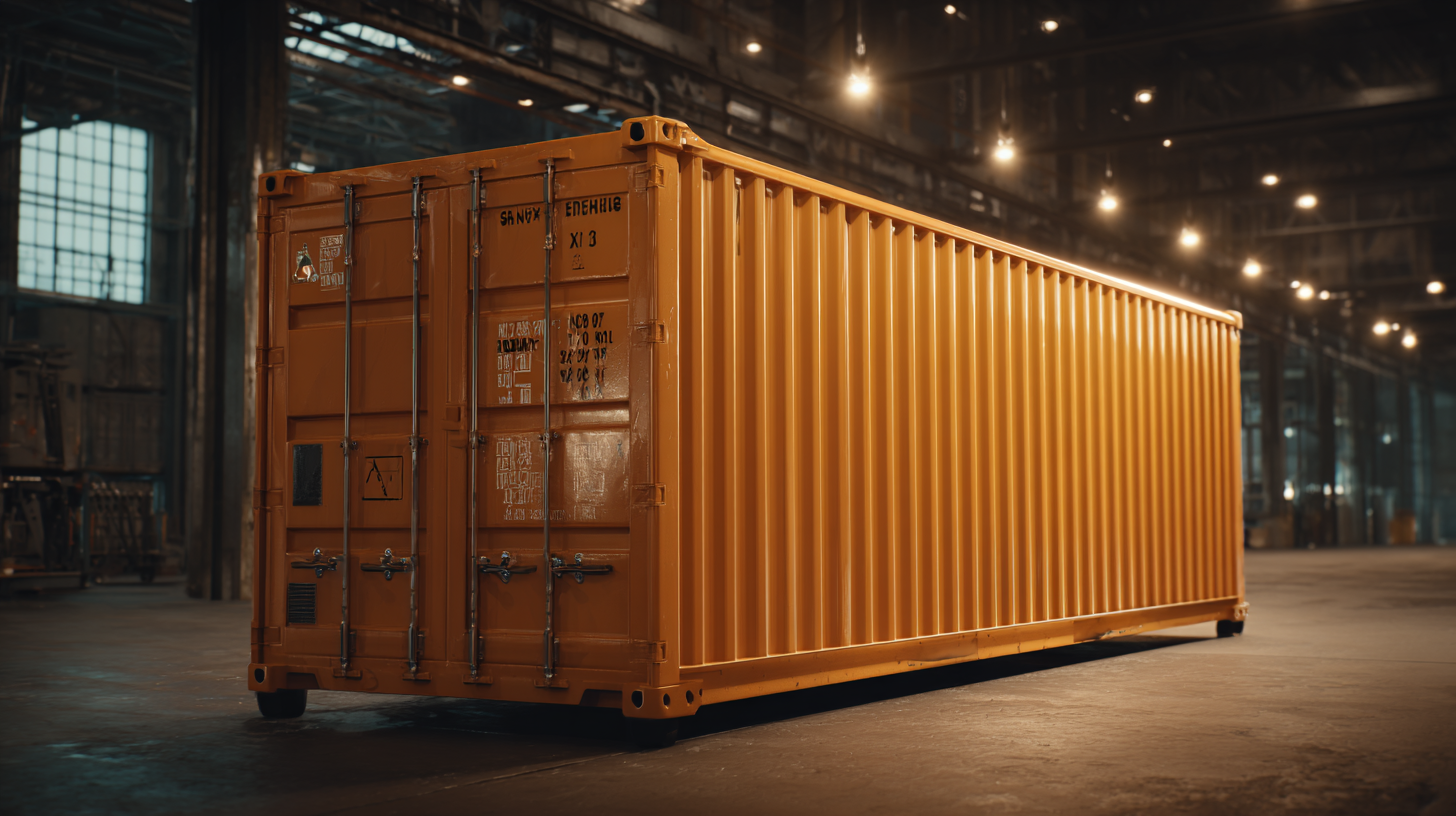
Innovative Design Features of Antbox Containers that Enhance Sustainability
Antbox containers are revolutionizing the way we approach sustainable shipping solutions through their innovative design features.
One of the most notable aspects is their use of eco-friendly materials, which significantly reduces the carbon footprint associated with traditional container manufacturing.
Made from recycled and biodegradable materials, Antbox containers not only minimize environmental impact but also promote a circular economy.
This commitment to sustainability extends to their lifecycle, as these containers are designed for reuse and recycling, further curtailing waste generation.
Moreover, the modular design of Antbox containers enhances efficiency in transportation and storage.
Their stackable nature allows for optimal space utilization, reducing the number of trips required to transport goods.
This feature is particularly beneficial for companies looking to decrease fuel consumption and emissions.
Additionally, the smart design incorporates energy-efficient elements, such as solar panels, which can power onboard systems and contribute to a greener shipping process.
By integrating these innovative functionalities, Antbox containers offer a compelling solution for businesses aiming to adopt more environmentally responsible shipping practices.
Comparative Analysis of Antbox Containers vs. Traditional Shipping Methods
The comparative analysis of Antbox containers versus traditional shipping methods reveals significant advantages in sustainability and efficiency. Traditional shipping methods often rely heavily on non-recyclable materials and generate excessive carbon emissions during transportation. In contrast, Antbox containers are designed with eco-friendly materials that minimize waste and promote recycling. Their modular design allows for maximized space utilization, leading to reduced trips and lower overall energy consumption.
Additionally, Antbox containers enhance the shipping experience through their innovative tracking technology and durability. Unlike standard shipping methods that can suffer from damage and delays, Antbox containers are built to withstand harsh conditions, ensuring that goods arrive in optimal condition. This reliability not only reduces the risk of product loss but also minimizes the economic burden associated with replacements. With the growing demand for sustainable practices in logistics, Antbox containers stand out as a forward-thinking solution that aligns with both environmental goals and operational efficiency.
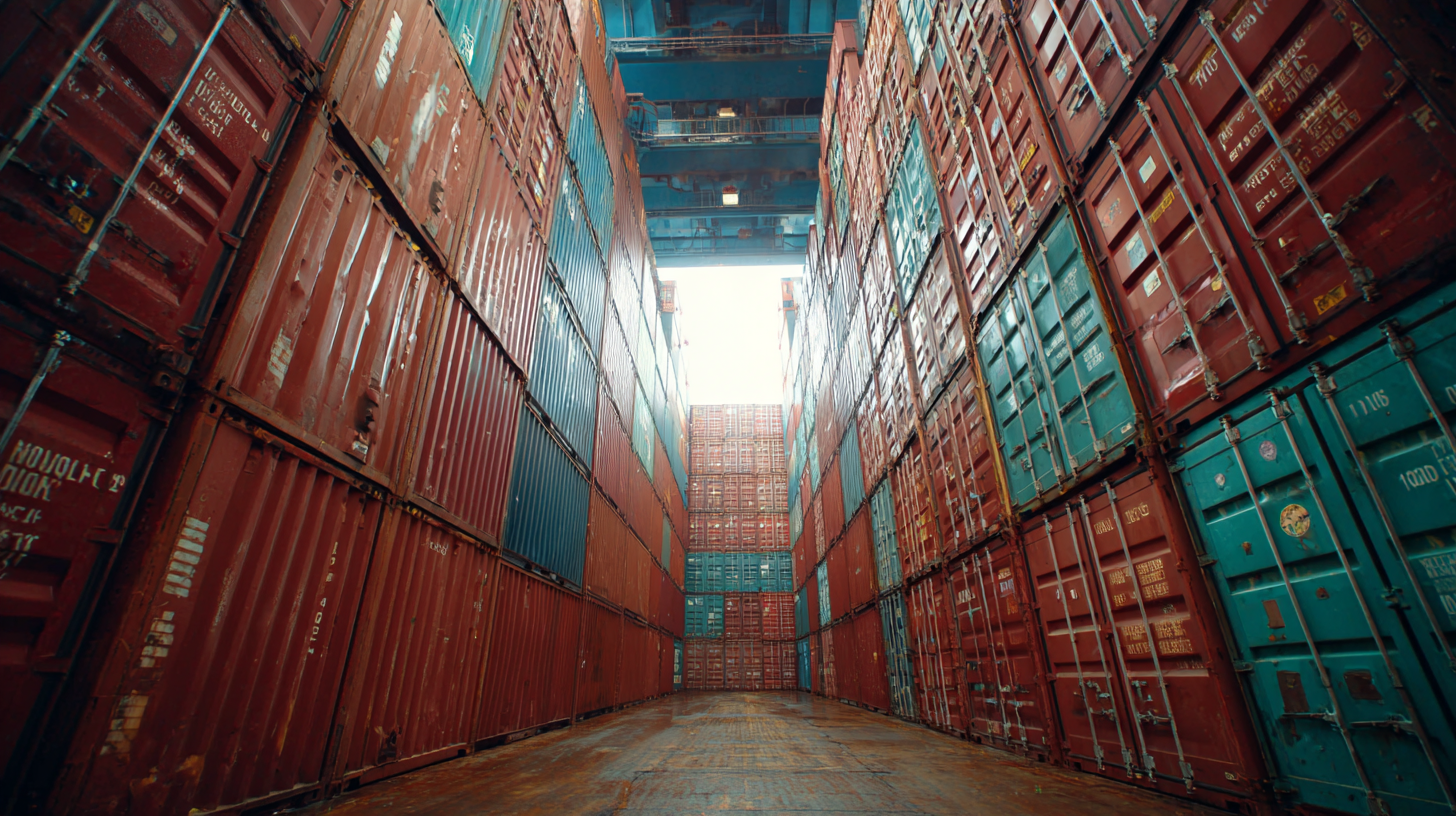
Case Studies: Successful Implementations of Antbox Containers in Global Supply Chains
Antbox containers have emerged as a transformative solution in sustainable shipping, with various case studies highlighting their efficacy in global supply chains. Notably, a case study from a leading logistics firm showed that integrating Antbox containers reduced carbon emissions by up to 30% compared to traditional shipping methods. This significant decrease is attributed to their lightweight design and superior durability, which allow for optimized transportation and less fuel consumption. The ability to stack these containers efficiently also maximizes cargo capacity, further contributing to sustainability goals.
Another compelling example comes from a multinational retailer that implemented Antbox containers in their supply chain. According to their data, the transition resulted in a 25% increase in delivery efficiency over a year. The containers’ modular design not only facilitated smoother transitions across different modes of transport, contributing to quicker turnaround times, but also minimized handling risks and associated damages. As the global shipping industry faces increasing pressures to adopt greener practices, the successful deployment of Antbox containers demonstrates a clear pathway toward enhanced sustainability and operational efficiency in logistics.
Future Trends in Eco-friendly Shipping Solutions with Antbox Technology
As the world increasingly prioritizes sustainability, eco-friendly shipping solutions have become a focal point for reducing environmental impact. Antbox technology stands at the forefront of this evolution, offering innovative solutions that meet the demands of modern logistics while minimizing carbon footprints. The modular design of Antbox containers allows for optimal utilization of space and resources, making transportation more efficient. This capability not only reduces waste but also streamlines the shipping process, leading to lower emissions and operational costs.
Looking ahead, we can anticipate a surge in the adoption of Antbox technology as companies embrace greener practices. Future trends indicate that the shipping industry will integrate smart technologies with Antbox containers, enhancing tracking and monitoring of shipments in real-time. This will not only improve supply chain transparency but also enable companies to make more informed decisions regarding their logistics operations. As consumers increasingly seek brands that prioritize sustainability, businesses that leverage Antbox technology will likely gain a competitive edge in the marketplace, aligning with the growing demand for eco-conscious shipping practices.
Benefits of Antbox Containers for Sustainable Shipping Solutions
Related Posts
-

Discovering Quality Suppliers for Best Miner Power Your Complete Guide to Success
-

Unveiling the Technical Specifications of Top Notch Asic Mining Equipment at the Best Asic Mining Shop
-

Top 5 Best ASIC Crypto Miners Compared: Which One Reigns Supreme?
-
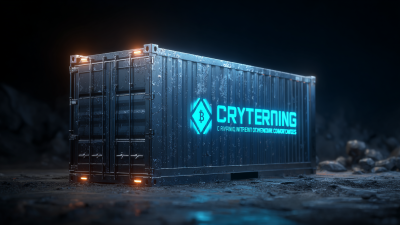
Exploring the Advantages of Cryptocurrency Mining Containers for Optimal Efficiency
-

How to Maximize Efficiency with Miner Power Solutions
-
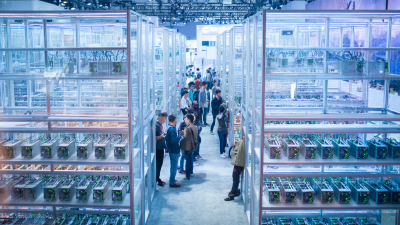
Exploring Asic Mining Innovations at the 138th China Import and Export Fair 2025
